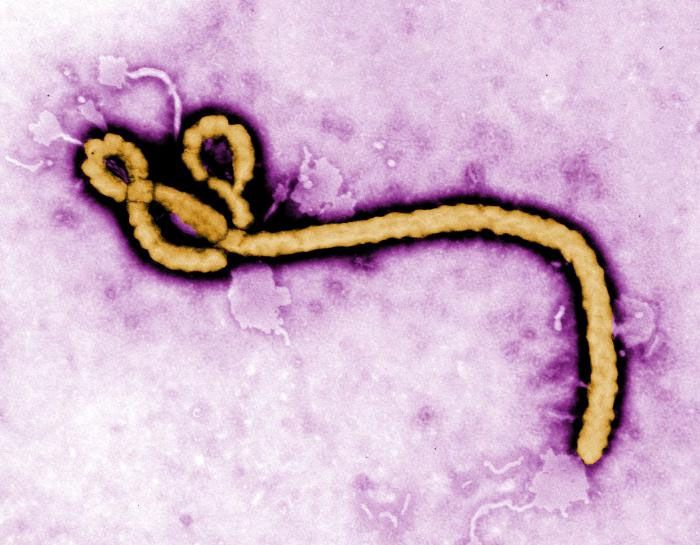
Ebola Outbreak in Africa Is 'One of Most Challenging Ever Faced'

The Ebola outbreak in the west African countries of Guinea and Liberia may have now claimed more than 100 lives.
"This is one of the most challenging Ebola outbreaks that we have ever faced," Dr. Keiji Fukuda, an official at the World Health Organization, said in a news conference today (April 8) in Geneva, Switzerland, CNN reported.
Guinea has had as many as 157 suspected cases of illness, and 101 deaths (67 of which are confirmed) from the deadly virus. In neighboring Liberia, another 21 cases and 10 deaths (5 confirmed) have been reported. Cases of illness have been reported in Sierra Leone, Mali and Ghana, but none of these have been confirmed to be due to ebola, according to the WHO.
The ebola virus spreads from person to person through bodily fluids and close contact, causing high fevers, diarrhea, vomiting, and internal and external bleeding. Ebola virus disease has a fatality rate of up to a 90 percent, according to the WHO.
The outbreak began in the forests of southeastern Guinea in February. Most of the deaths have occurred in the city of Guekedou, and Guinea's capital, Conakry, has had 20 cases, according to CNN.
The virus's rapid spread is due to the wide geographic distribution of cases, as well as its lethality, Fukuda said, according to The Wire. "These kind of outbreaks are often surrounded by a great deal of fear and anxiety, creating rumors and making communications challenging and important."
The virus spreads to humans from wild animals such as chimpanzees, and fruit bats are thought to be its natural host.
Sign up for the Live Science daily newsletter now
Get the world’s most fascinating discoveries delivered straight to your inbox.
Follow Tanya Lewis on Twitter and Google+. Follow us @livescience, Facebook & Google+.











